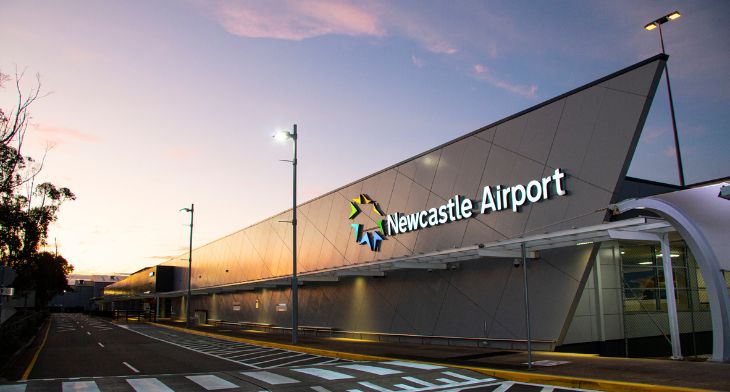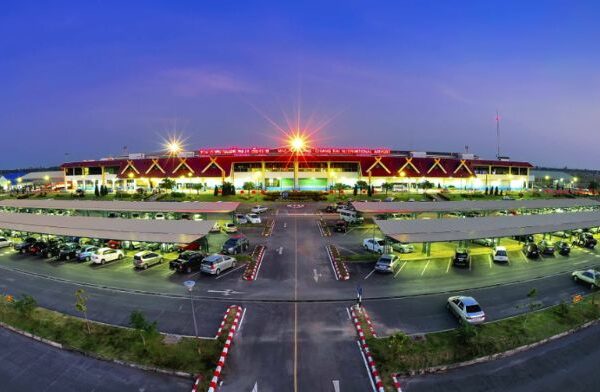


The Airport Carbon Accreditation (ACA) programme has marked a milestone with more than 500 airports now certified having fulfilled the stringent requirements set by ACA’s accreditation levels. The latest airports to join ACA in each world region are: Pierrefonds Airport in La Reunion, Newcastle Airport in Australia, Birmingham in the UK, Luis Munoz Marin International in Puerto Rico and Boston Logan in the US.
When the scheme was launched by Airports Council International (ACI) Europe back in 2009, it had 17 trailblazing airports signed up. It is now the global standard for carbon management by airports and plays a crucial role in ensuring that the airport industry progresses towards achieving its commitment to net zero carbon emissions by 2050.
“The collective impact of 500 airports around the world working towards a common goal of carbon reduction is a force to be reckoned with,” said Niclas Svenningsen, Manager for Programmes Coordination at the United Nations Framework Convention for Climate Change (UNFCCC).
“Accelerating decarbonisation has now become more urgent than ever, against the backdrop of alarming scientific reports flowing from the IPCC and real shifts in the planet’s climate witnessed by us all. We need to decarbonise as fast as possible, or face daunting externalities of unchecked rise in emissions. It is heartening to witness the sheer number of airports from five continents all involved in Airport Carbon Accreditation,” he continued.
Currently 63 airports have achieved certification at the highest levels – Level 4 ‘Transformation’ and Level 4+ ‘Transition’. Since the start of 2023, airports including Bangalore International in India, Copenhage in Denmark, Hawke’s Bay in New Zealand the ten Portuguese airports managed by VINCI Airports have all obtained Level 4+ certification.
Olivier Jankovec, Director General at ACI Europe described the 500 airport milestone as a “watershed moment for airport climate action.” He also underlined, “While we note this excellent achievement, brought about by increasing ambition of airports in all world regions, we do not intend to stop there. The next frontier for the programme will be providing a blueprint for a net zero carbon airport operation.”






